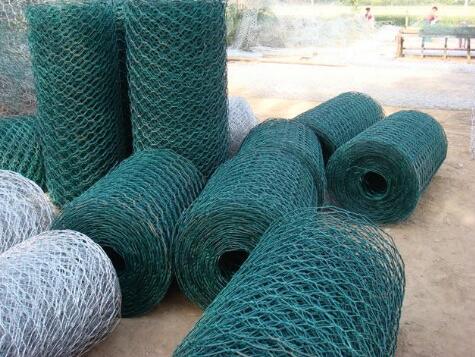Types of Mesh Wire Fencing A Comprehensive Guide
Mesh wire fencing is a versatile and practical solution for a variety of applications, including agricultural, residential, industrial, and security purposes. It is composed of interconnected wires that create a flexible barrier, making it an effective choice for enclosing spaces, protecting crops, or securing properties. In this article, we will explore the different types of mesh wire fencing available, highlighting their unique features, benefits, and appropriate uses.
1. Chain Link Fencing
One of the most common types of mesh wire fencing is chain link fencing. Made from galvanized steel, this type of fencing consists of a series of interwoven wires that form a diamond pattern. Chain link fencing is highly durable and resistant to weather conditions, making it an ideal choice for residential and commercial properties. It is available in various heights and gauges, allowing for customization based on security needs. Additionally, chain link fences can be coated with vinyl for added protection and aesthetic appeal.
Welded wire fencing features wires that are welded at each intersection, creating a sturdy and stable barrier. This type of fencing is often used in agricultural settings to contain livestock or protect gardens from wildlife. Welded wire fencing is available in different mesh sizes, making it possible to choose a configuration that best suits the intended purpose. It is also resistant to corrosion and wear, ensuring long-lasting performance.
3. Barbed Wire Fencing
types of mesh wire fencing

Barbed wire fencing is primarily used for security purposes. It consists of steel wire with sharp barbs at regular intervals, creating a formidable barrier. This type of fencing is often found on farms or properties requiring heightened security measures. While barbed wire is effective for deterring intruders and animals, it poses safety risks and should be used with caution. Proper signage and maintenance are essential to minimize the potential hazards associated with barbed wire fencing.
4. Electric Fencing
Electric fencing uses a series of electrified wires to create a barrier that delivers a mild shock to any intruders or animals that come into contact with it. This type of fencing is highly effective for protecting livestock and crops from predators, as well as deterring trespassers. Electric fences can be combined with other types of fencing, such as barbed wire or woven wire, to enhance security. It is crucial to follow local regulations and guidelines when installing electric fences, as improper use can lead to accidents or legal issues.
5. Woven Wire Fencing
Woven wire fencing is constructed by intertwining horizontal and vertical wires to create a robust barrier. This type of fencing is commonly used in agricultural settings, particularly for containing livestock. The squares or rectangles formed by the weaving can vary in size, allowing for flexibility based on the type of animals being enclosed. Woven wire fencing provides excellent visibility and airflow, making it a popular choice for horse pastures and gardens.
Conclusion
Choosing the right type of mesh wire fencing depends on several factors, including the intended use, required security level, and aesthetic preferences. From chain link and welded wire fencing to barbed wire and electric solutions, there is a variety of options to meet different needs. Understanding the distinct features and benefits of each type will help property owners and farmers make informed decisions when it comes to securing their spaces. Whether for residential or agricultural purposes, investing in the appropriate mesh wire fencing can provide peace of mind and protect valuable assets for years to come.

















